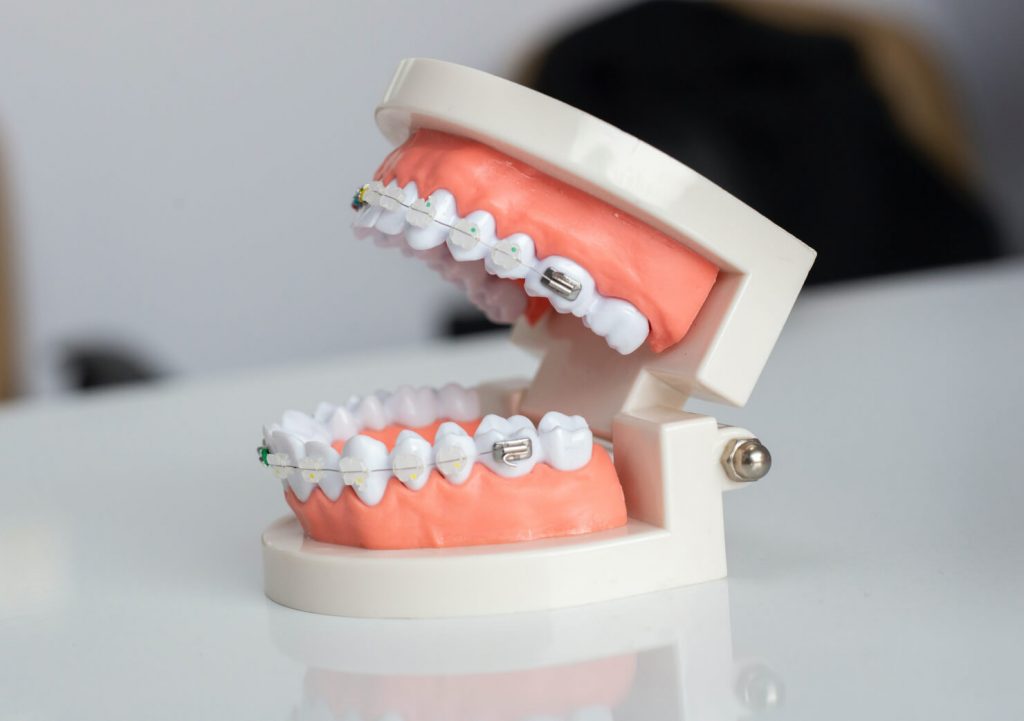Doctor’s column
Amy Holland
Hygiene Treatments

Amy has over 30 years’ experience of dentistry in the city and is a member of the American (AACD) and British Academies of Cosmetic dentistry (BACD) and Association of Dental Implantology (ADI) amongst other dental organisations.
Open Profile
Share this post
“Diet sodas are okay to drink.”
“Flossing creates spaces between teeth.”
“Baby teeth aren’t important.”
“My tooth doesn’t hurt, so it should be okay.”
How many of these have you heard before? I would like to share the truth about these common oral health myths I hear from patients almost every day. Read on to learn about them and how to keep your mouth healthy.
1. “You only need to go to the dentist if your teeth hurt.”
The languages only differ in their grammar, their pronunciation and their most common words. Everyone realizes why a new common language would be desirable: one could refuse to pay expensive translators. To achieve this, it would be necessary to have uniform grammar, pronunciation and more common words. If several languages coalesce, the grammar of the resulting language is more simple and regular than that of the individual languages.
The new common language will be more simple and regular than the existing European languages. It will be as simple as Occidental; in fact, it will be Occidental.
2. “Flossing can create spaces between your teeth.”
The new common language will be more simple and regular than the existing European languages. It will be as simple as Occidental; in fact, it will be Occidental. To an English person, it will seem like simplified English, as a skeptical Cambridge friend of mine told me what Occidental is.
The European languages are members of the same family. Their separate existence is a myth. For science, music, sport, etc, Europe uses the same vocabulary.


3. “It’s only a baby tooth.”
Their separate existence is a myth. For science, music, sport, etc, Europe uses the same vocabulary. The languages only differ in their grammar, their pronunciation and their most common words. Everyone realizes why a new common language would be desirable: one could refuse to pay expensive translators.
To achieve this, it would be necessary to have uniform grammar, pronunciation and more common words. If several languages coalesce, the grammar of the resulting language is more simple and regular than that of the individual languages.
4. “It doesn’t matter what time of day I brush.”
Everyone realizes why a new common language would be desirable: one could refuse to pay expensive translators. To achieve this, it would be necessary to have uniform grammar, pronunciation and more common words.
https://www.youtube.com/watch?v=6LnlWJ_Ewxo
Their separate existence is a myth. For science, music, sport, etc, Europe uses the same vocabulary. The languages only differ in their grammar, their pronunciation and their most common words.
5. “Diet sodas are okay to drink because they don’t have sugar in them.”
Their separate existence is a myth. For science, music, sport, etc, Europe uses the same vocabulary. The languages only differ in their grammar, their pronunciation and their most common words. Everyone realizes why a new common language would be desirable: one could refuse to pay expensive translators. To achieve this, it would be necessary to have uniform grammar, pronunciation and more common words. If several languages coalesce, the grammar of the resulting language is more simple and regular than that of the individual languages.
6. “Oral health is not connected to the rest of the body.”
The languages only differ in their grammar, their pronunciation and their most common words. Everyone realizes why a new common language would be desirable: one could refuse to pay expensive translators.
To achieve this, it would be necessary to have uniform grammar, pronunciation and more common words. If several languages coalesce, the grammar of the resulting language is more simple and regular than that of the individual languages.
7. “My teeth are unhealthy because I’m aging.”
The languages only differ in their grammar, their pronunciation and their most common words. Everyone realizes why a new common language would be desirable: one could refuse to pay expensive translators.
Sign up for appointment
It just takes a few minutes to book a visit online.


Leave a Reply